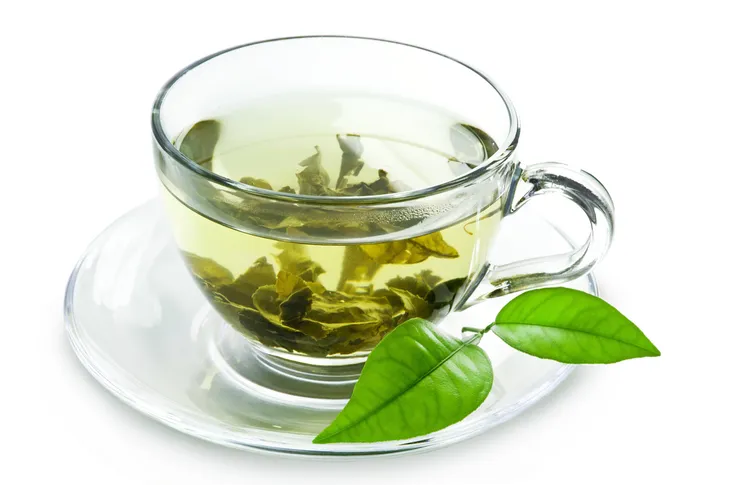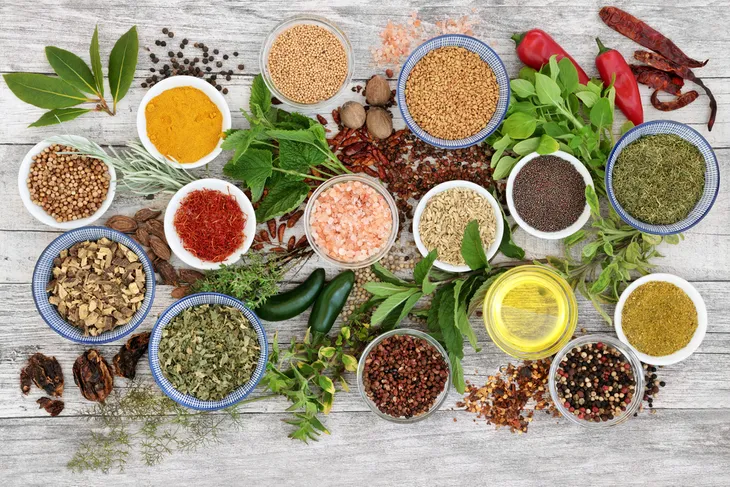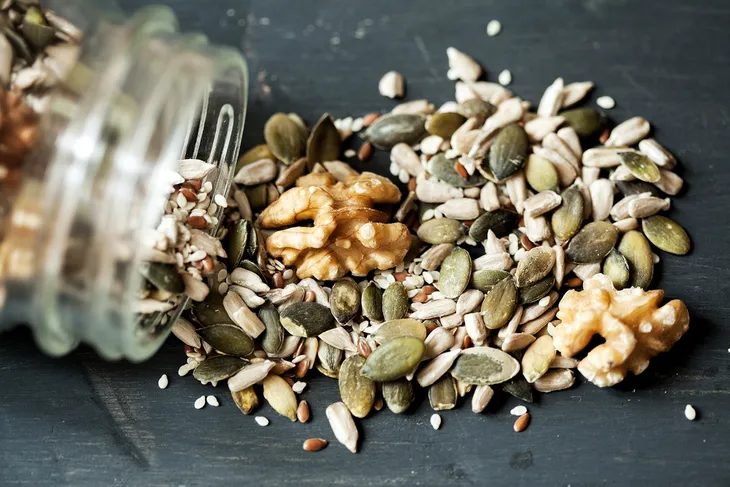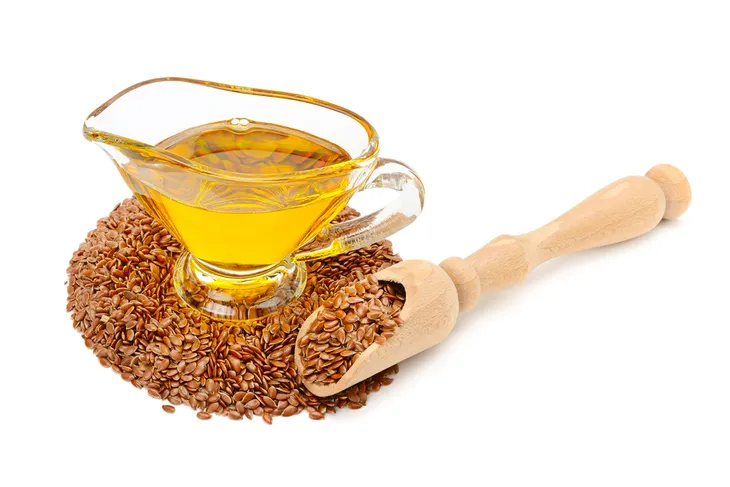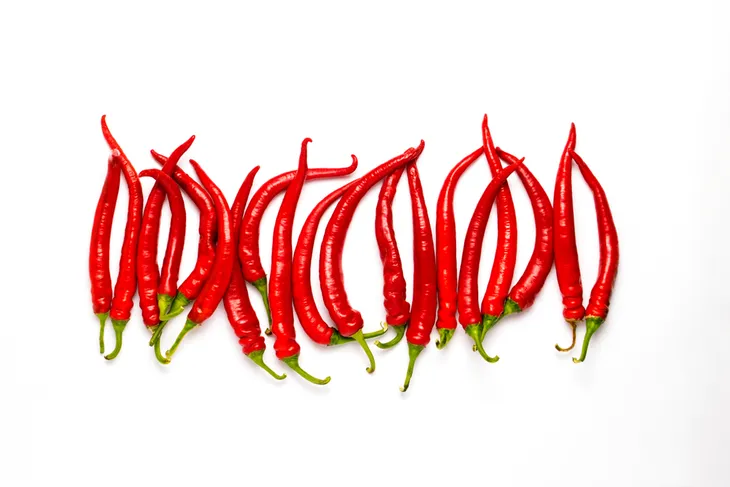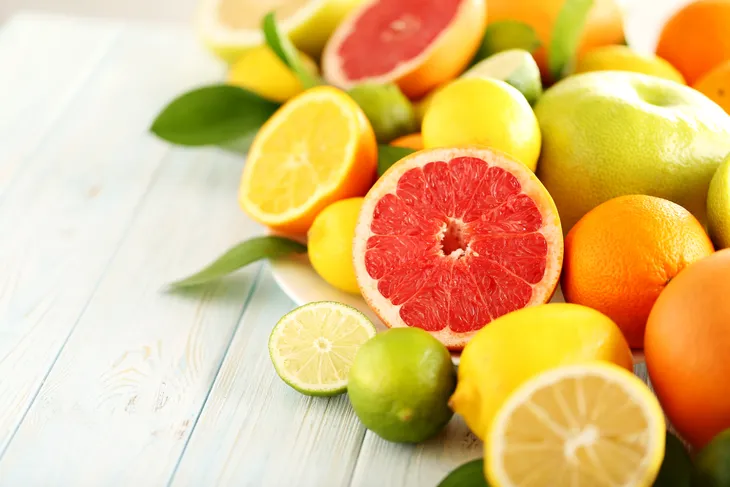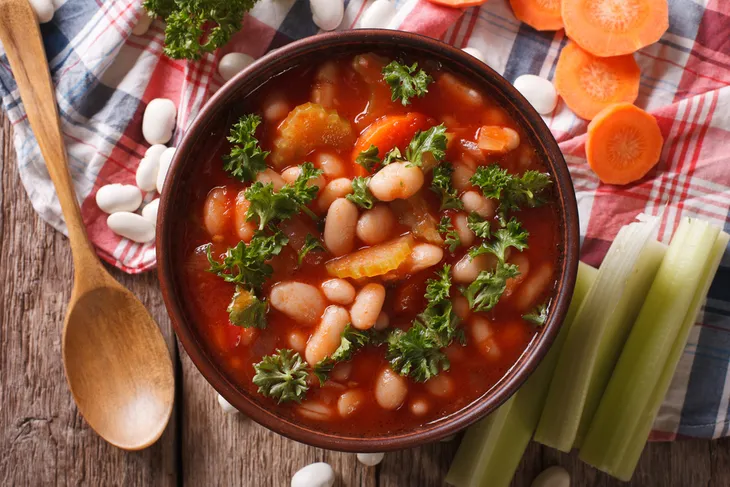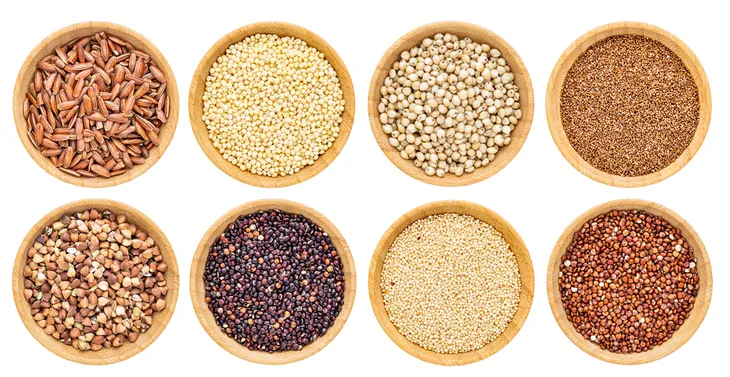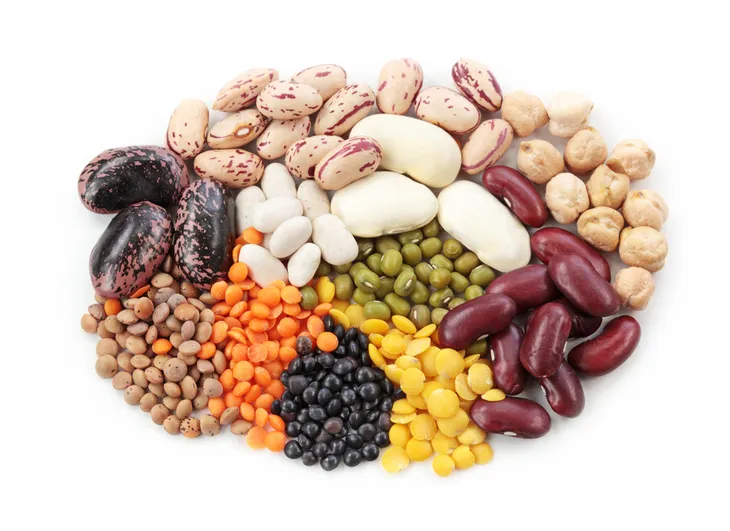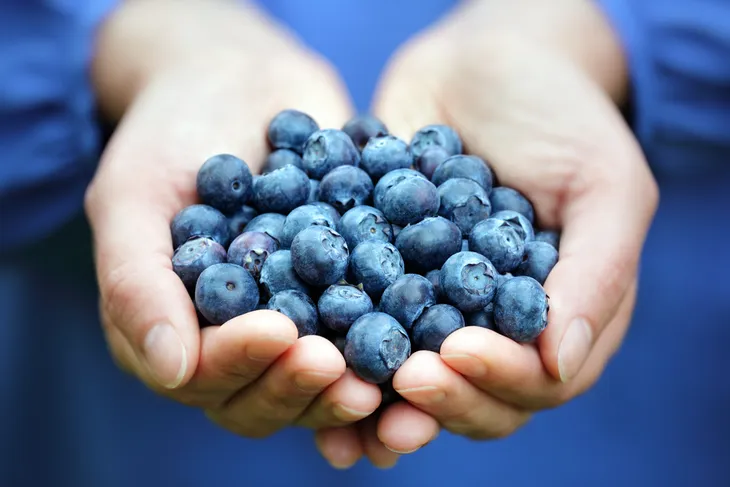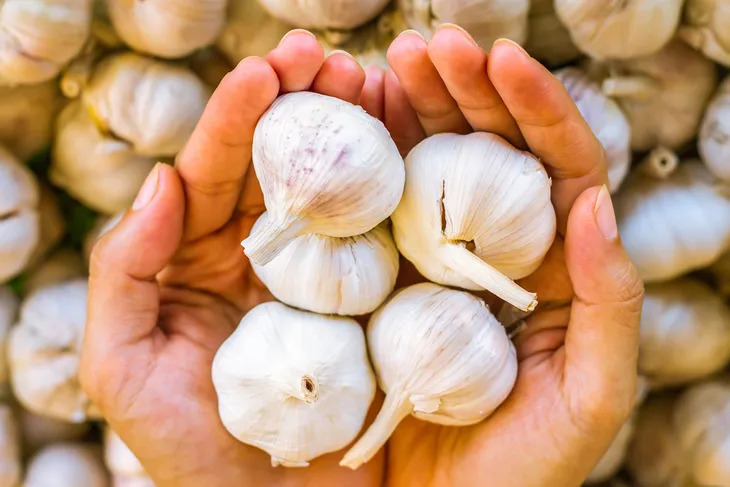While there are no short foods to single-handedly make you shed the weight you want to lose, certain foods have natural metabolism-boosting or energy-enhancing properties over others. These are known as foods with a high thermic effect.
So if you’re hoping to lose weight or harness more pep in your steps, the following foods with a high thermic effect may help you achieve your goals when combined with a healthy diet and regular exercise…
Want diet & nutrition content delivered straight to your inbox? Sign up for our exclusive diet & nutrition newsletter!
Green Tea
You likely already expected green tea on this list of naturally metabolism-revving foods. OK, so it’s not technically a food, but a drink, you got me. However, this brew (along with green tea extract) is credited by numerous scientific studies with accelerating metabolism.
In addition to incorporating green tea into your weight loss efforts, WebMD found that the rich antioxidant content in green tea may prevent cell damage.
Spices
Black pepper, cayenne pepper, chili powder, and even ground ginger have one very important thing in common—these spices are known to have a high thermic effect.
Most notably, a study, published by the National Institutes of Health, says the seedier and more pungent the spice—the better it is for energy increase. The study pointed out that participants who consumed meals seasoned with ground black pepper, powdered ginger, powdered onion, red pepper, and mustard seeds burned upwards of 1,000 additional calories per day!
Nuts and Seeds
A diet high in omega-3 fatty acids may also increase your metabolism and energy levels. Some examples of Omega-3 fatty acid foods include fish, walnuts, chia seeds, flaxseeds, green vegetables, egg yolk, and wild rice.
Scientists monitored the diets of lab mice and found that rodents who consumed greater amounts of omega-3s had a higher metabolism due to lower levels of a hormone, known as leptin. Researchers noted in their findings that omega-3s naturally help lower leptin, which in turn, leads to naturally faster metabolism.
Fatty Fish
Likewise, research conducted by the Mayo Clinic noted that a diet high in omega-3 rich fatty fish may have similar effects on metabolism—and was also responsible for lowering levels of leptin in the human body.
The researchers recognized the link when studying African tribes whose diets were rich in fatty fish—like salmon and mackerel. Due to the fish-based diets, tribesmen and women reduced their leptin levels by up to 5-percent.
Hemp and Flaxseed Oil
Both of these touted superfoods contain their fair share of energy-boosting omega-3 fatty acids, which can be of use if you don’t eat or don’t like fish.
Hemp oil and flaxseed oil can be incorporated into cooking, smoothies, and baking as healthy sources of essential fatty acids, which in addition to metabolism, may also be great for skin, nails, and hair.
Hot Peppers
Like dried spices, raw and cooked hot peppers—such as cayenne, jalapeno, and habanero—may cause your metabolism to spike naturally. Just think about how hot you get under the collar when eating something spiced with these potent peppers.
In addition to quickening metabolism, a study from the Federation of American Societies for Experimental Biology also credits hot peppers with reducing appetite cravings due to the rich capsaicin within. The capsaicin compound may naturally speed up both blood circulation and metabolic rate, which is why you sweat when you eat hot wings or nachos seasoned with particularly hot peppers.
Water
We know, water isn’t a “food” either. However, if you drink water prior to eating and continuously throughout the day, you may notice more energy and an increased rate of fat burning.
A 2004 German study from Berlin’s Franz-Volhard Clinical Research Center, published by WebMD, linked water consumption—of at least 17-ounces of water per day—to increased metabolic rates of 30-percent for both males and females.
Dairy
You likely already know that dairy is rich in calcium, a nutrient that’s long been associated with strengthening bones but is now credited with weight control.
Researcher Michael Zemel, Ph.D., professor of nutrition and medicine at the University of Tennessee in Knoxville tells WebMD, “If you compare a dairy-rich versus a dairy-poor diet you can nearly double the rate of weight and fat loss with the same level of calorie restriction,”
Citrus Fruits
Oranges, grapefruit, tangerines, limes, and lemons are all rich in vitamin C—studies have shown these fruits aid our fat burning efforts and boost metabolism. Diets rich in vitamin C may help stable the hormone that regulates glucose in the body, but more importantly, reduce instances where that hormone spikes and we crave carbohydrate-loaded snacks during our day.
A study by the National Library of Medicine discovered “that daily consumption of 1000 mg supplementary vitamin C may be beneficial in decreasing blood glucose and lipids in patients with type 2 diabetes and thus reducing the risk of complications.”
Soups
If you’re looking for a lighter body mass, scientists at Penn State University suggest adding meals rich in liquids—like soups and stews—to your weekly diet.
According to research findings, a group of women who ate the hunger-satiating combo of liquids and solids, ate less, had fewer snack cravings, and increased their metabolism and fat burning abilities.
Whole Grains
Whole grains—or grains that retain all naturally-occurring nutrients from the bran, germ, and endosperm compared to stripped, refined grains—lead to higher metabolism because they may stabilize the hormone that regulates glucose in the body.
Research from Harvard’s School of Public Health, claims that diets rich in whole grains (such as quinoa, oats, and brown rice) ensure that carbohydrates are released slowly, to prevent spikes in blood sugar and hormone levels to regulate glucose in the blood, and associated snack attacks!
Dried Beans
No, we’re not suggesting you get Mexican takeout for dinner, especially not a meal focused on refried beans! Reach for dried red beans (i.e., kidney beans) instead and make your favorite and healthier Mexican-inspired meals at home.
Studies published by the National Institutes of Health show that the resistant starch in dried red beans may keep the hormone that regulates glucose in the body in check so you feel full for longer, are less prone to binge eating, and just naturally store less fat.
Berries
Raspberries, blueberries, strawberries, and blackberries are a naturally sweet and juicy dessert or snack. However, berries are also rich in anthocyanins, water-soluble vacuolar pigments that encourage production of the hormone, adiponectin, and prevent the expansion of fat cells.
In addition, National Institutes of Health research shows that berries rich in the micronutrients, polyphenols, (i.e., raspberries and strawberries) may reduce the body’s absorption of fats and starches, which can add up quickly and cause weight gain.
Garlic
Garlic might scare your date away after a huge pizza or pasta dinner. However, a study from Ewha Womans University, in Seoul, Korea linked garlic to higher testosterone levels. If you weren’t aware, the testosterone hormone is closely related to energy production. And we all know that more energy means more time to be active, exercise, eat well, and maintain a healthy body weight.
The study fed a group of mice a rich fat diet for a period of 8-weeks. Once the mice gained weight, the researchers fed half the mice a garlic supplement for a period of 7-weeks. In the end, the mice that ate the garlic significantly reduced their body fat and overall body weight. Talk to your doctor or dietitian before starting any supplements because they may interact with your medications or any preexisting conditions that you may have.
Say No to Sugar
One easy way to boost your metabolism and aid your weight loss efforts is to say no to foods and drinks high in refined sugar, such as candy, sodas, baked goods, processed snacks, and sugar-infused coffees and teas.
Instead, if you’re craving sweets, choose from the slides above to satisfy your sweet tooth naturally with apple slices or a bowl of berries.

